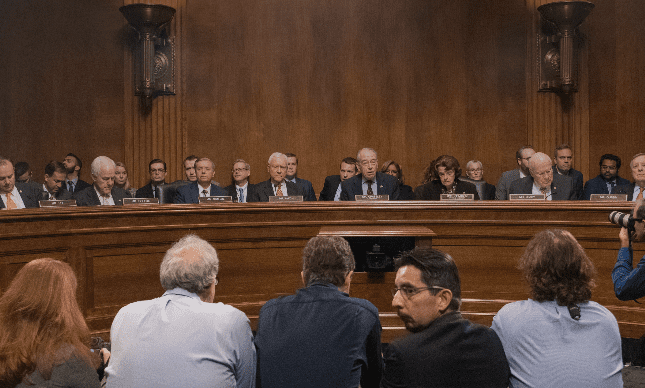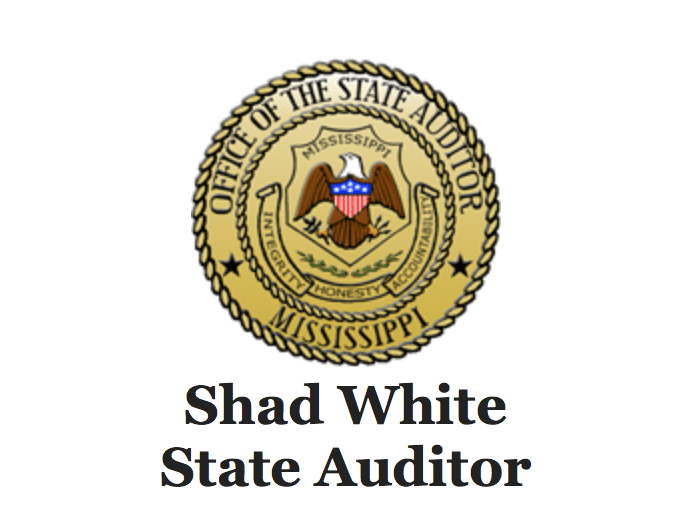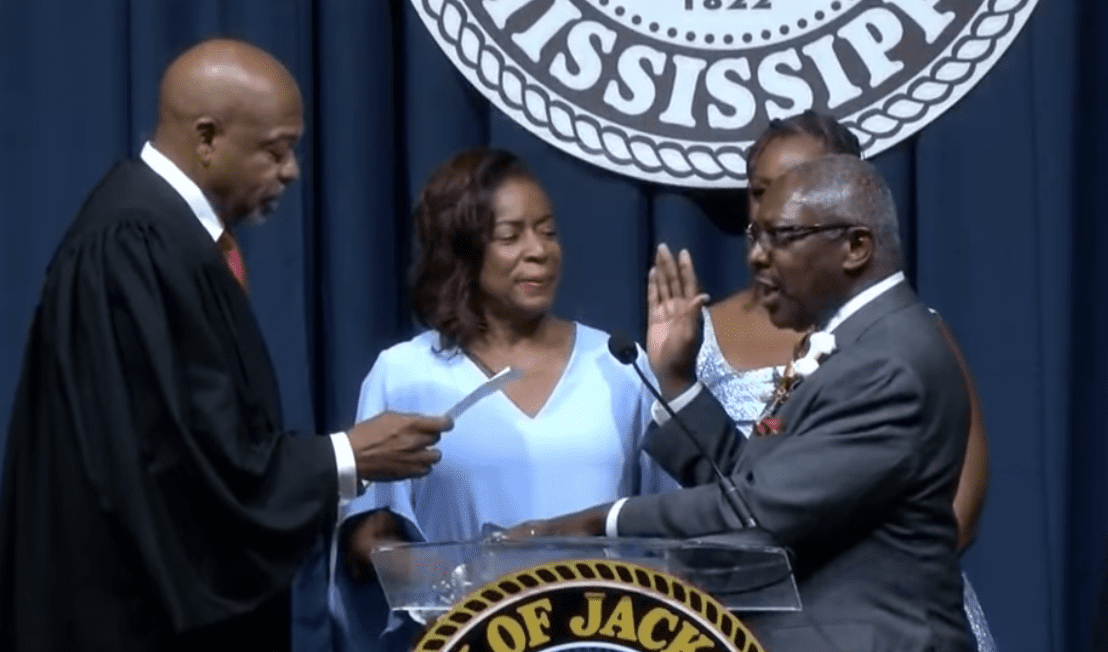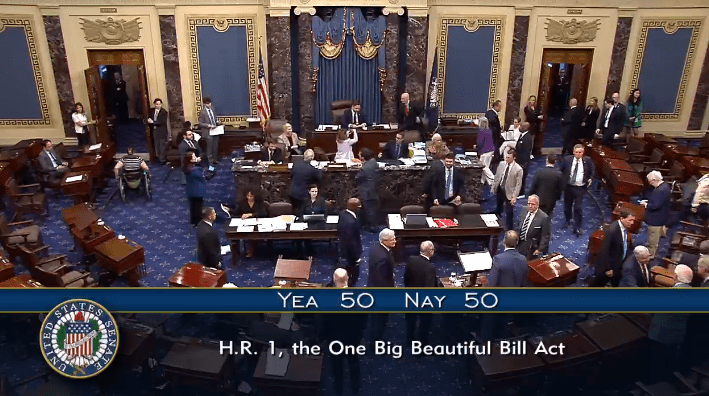
In the last five years since Governor Phil Bryant signed legislation allowing charter schools to move into Mississippi, five schools have opened. Four are in Jackson, and one is in Clarksdale.
Expansion of charter schools in Mississippi has been steady, but slow. Right now, only Jackson and Clarksdale have access to charter school education—leaving under-served students around the Magnolia State still lacking in their public education options.
The Magnolia State, according to the National Association of Charter School Authorizers, is ranked highly on the list of chartering states in the nation, however; the organization also shows that more work could be done to bring Mississippi up to par in the way of school choice.
Mississippi has one charter school authorizer– the Mississippi Charter School Authorizer Board, which is categorized as an Independent Chartering Board (ICB). The states that rank the highest on the NACSA list: Indiana, Nevada, and Washington; have 9, 5, and 2 authorizers respectively within their states. More authorizers mean more schools eligible to open, and more students are able to be served.
Mississippi could learn a thing or two from this model.
“We should consider this. As one of the last states to pass a charter law, Mississippi can learn from the successes and failures of those who have gone before,” said Elyse Marcellino with Empower Mississippi. “States with multiple authorizers have more robust charter sectors with lots of good public education options for families who need them. At this rate, Mississippi families who desperately need options will not get them anytime soon.”
According to the Mississippi Charter School Authorizer Board, the schools that open in the state have to be “high quality,” which is defined by the board as schools that will:
- Improve student learning;
- Close achievement gaps between high- and low-performing groups;
- Increase educational opportunities for all students, but especially for those with a likelihood of academic failure;
- Allow teachers and school administrators to have a direct voice in the operation of the school;
- Encourage the use of high-quality models of teaching, governing, and scheduling;
- Provide for exceptional levels of results-driven accountability;
- Create expanded opportunities for involvement in the education system by students, parents and community members; and
- Encourage the replication of successful charter schools, if applicable.
While high quality is definitely something to be desired, the timeframe of that quality may be setting some of the charters up for bureaucratic struggles that could impact the main function of the school… providing a better education for the students than what they were offered at their previous school.
In Mississippi, charter schools are approved initially for five years. After that five years, certain eligibility standards must be met, or the schools are penalized by loss of funding or closure.
The performance framework is broken down into three categories: academic, financial, and organizational. The ratings received based upon this framework are given according to site visits, performance evaluations, and other methods of rating the school’s performances.
From those ratings, the schools are evaluated for eligibility to continue as charter schools. The requirements for renewal are below:
Pages 10-11 Performance Framework by yallpolitics on Scribd
There is a lot to be considered in five shorts years, says Elyse Marcellino with Empower Mississippi.
“Look at states like Arizona that grant 15-year charters,” said Marcellino. “The heaviest scrutiny charters are under at the beginning is not from regulators but from parents, and the great thing is, authorizers rarely have to revoke a charter because parents have already voted with their feet long before the 15 years is up.”
With only a fraction of the time, charter schools in Mississippi are started with struggle.
“Charter schools are under a lot of pressure in Mississippi – the clock is always ticking,” said Marcellino. “In a short period of time, they must go through a rigorous application process, start and scale up, and meet performance standards, all while transitioning students several grade levels behind into a totally different environment, finding start-up funds, establishing procedures, and recruiting and training staff. We could learn something from Arizona’s model.”
The Mississippi Charter Authorizer board will release the charter ratings for the 2017-2018 school year in the coming weeks. Those ratings will be considered as part of the renewal process. In September, the state authorizer board will announce the next charters that have been approved to open in Mississippi.











